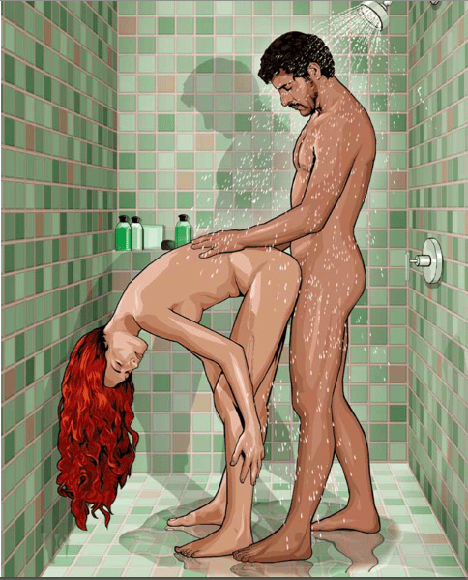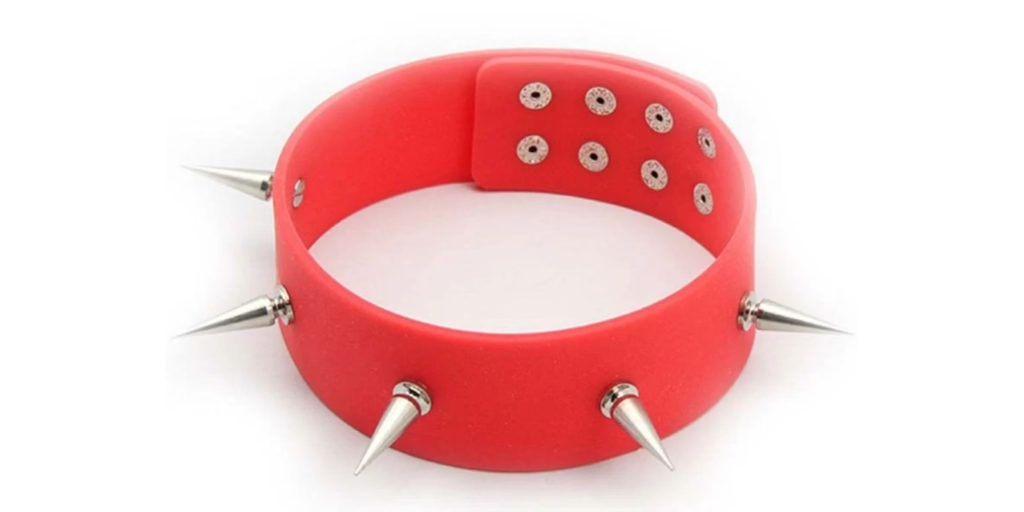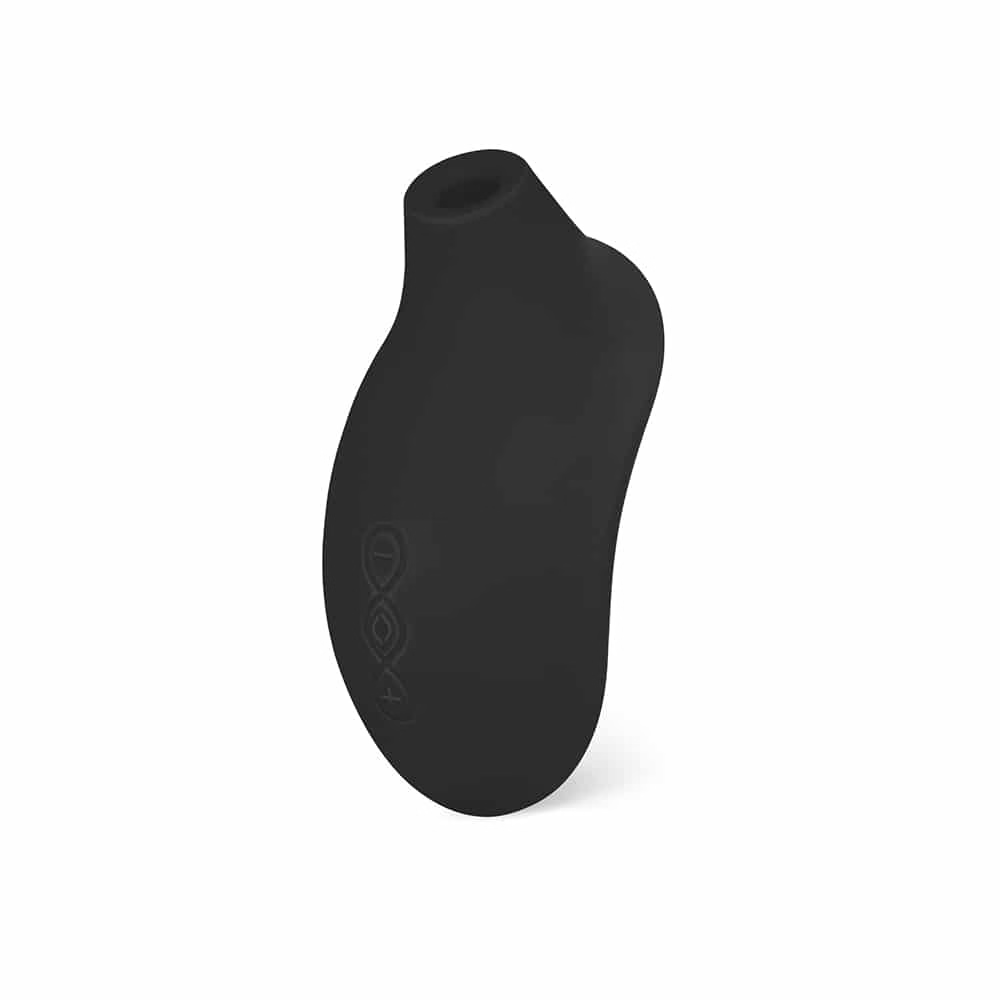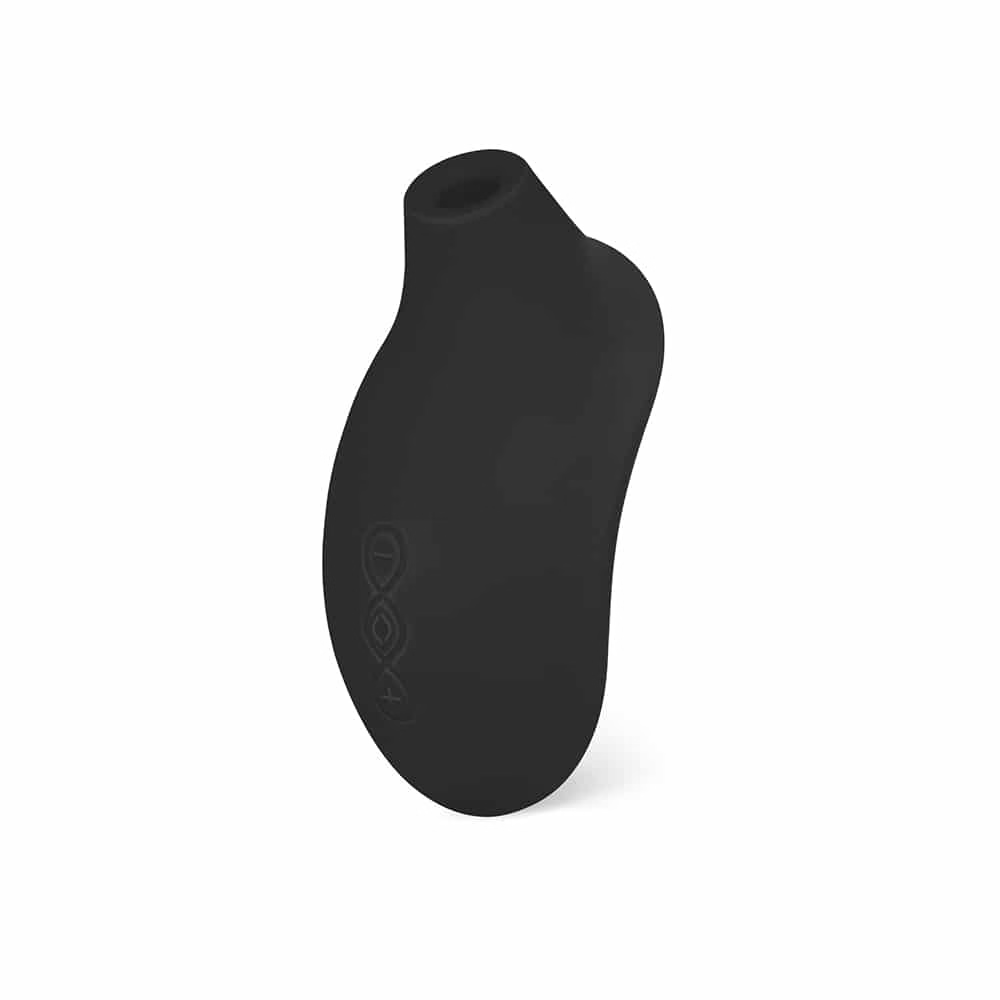10 Water Sex Tips – Have Fun in the Water While Staying Safe

2.2K
You may have seen this scene in movies or on TV – a steamy shower scene, or two people passionately embracing as the waves roll in…
Well, real water sex is not like in the movies. Not at all.
Is this interesting? Of course!
But it also comes with quite a few caveats:
1. Different water = different problems
While water sex has issues across all genres and locations, each has its own specific issues—most of which will creep you out. So, as the water scene changes, you have to change your mindset and your list of dos and don’ts.
For example…
2. Public pools or hot tubs
Generally speaking, Public water sources are not clean (At least not in the way we think or expect.) Even if a caregiver uses chlorine correctly, it doesn’t mean 100% of the filth is killed, especially some bacteria – some of which may enter the vagina or urethra (women are more likely to get infected, but men can also).
Think about this: If kids use the space, you know at least one of them is going to pee in it.
Swimming pools also need to maintain a balanced pH level, which can be tough on women’s delicate vaginal tissues. It’s also worth noting that poorly maintained pH levels can make it more difficult for chlorine to do its job properly.
On top of that, there’s the risk of getting caught – which can be tough for some couples, but I wouldn’t take that risk as it could result in being banned from the property or even charged with trespassing (which could be worse if the owner isn’t the forgiving type).
3. Oceans, rivers and lakes
Natural bodies of water are not much better. Animal waste, plant debris, bacteria, microorganisms, invisible pollutants, and even agricultural runoff.
The ocean may be better than a public pool, but Salt content is harmful to the vagina And can lead to infection, or at least irritation and stinging!
Next comes the sand, which, even if you’re careful, gets in…some places.
4. In the shower or bathtub
Of all the water options available, This will be the best choice. Many annoyances will no longer exist and you will have more privacy.
However, do not ignore the risk of slipping. Take every precaution to ensure your feet are safe and you have something solid to hold on to.
5. Water is not a lubricant
Water of any kind can wash away your body’s natural lubricants, ultimately causing unnecessary friction and discomfort. This friction can also lead to small tears (microabrasions), which can increase your risk of infection.
notes: Two common infections are Bacterial vaginosis and yeast infections.
Your best bet is Silicone-based lubricant (Water-based ones will wash off, and oil-based ones will deteriorate the condom)
6. Condoms and water don’t mix
Condoms and water don’t work very well together when it comes to protection. That’s bad because it’s one of the simplest and most common birth control methods that protects against STDs.
Water washes away lubricants and spermicides. Oils, shampoos, chlorine, soaps, foam, etc. increase the likelihood of condom damage and breakage – oh, and hot water doesn’t help either.
It may also slip down the road.
If you use condoms (which you still should), Put it on and fasten it before divingand be careful not to slip.

7. Water does not prevent pregnancy or disease
If you are in a male/female relationship and your partner ejaculates inside you, Still has normal pregnancy risks ——Sorry, water can’t wash away sperm.
It’s also worth mentioning (because some people don’t know this and forget it) that pre-ejaculate fluid can contain sperm, so withdrawal is still not a very good method of birth control, even in water.
And no matter what gender you are, Water is not a barrier to STIs – So ignore any “suggestion” that chlorine will kill these harmful substances.
8. Pulling out is different
Ejaculating in water (as opposed to inside your partner) comes with its own set of rules.
First, You can’t get pregnant this waySperm requires very specific conditions to survive – temperature, pH, etc. While it can survive for days inside a woman’s body, it would likely die quickly in a swimming pool or the ocean.
notes: Remember when we said chlorine doesn’t kill STDs? Keep that in mind before you throw your kids in the pool.
9. Play different way
Sex is not only Regarding intercourse. Given all the risks of intercourse and water, it’s best to choose a different method of pleasure.
Masturbation – Use your hands to bring yourself or the other person to orgasm (but be careful with fingers and scratching the vagina or you’ll still have problems).
oral sex – This is a great option for showering (but don’t use public or natural water).
Just a kiss – Passionate kissing and dry rubbing are equally fun.
Sex toys – Insertive toys can still push water in or cause friction, so I recommend using something like a clitoral vibrator or wand – Just make sure it’s waterproof (as opposed to “waterproof” or “splashproof”).
Want a submersible sex toy? Try…
AMBI by Lovense – The most versatile bullet vibrator yet.
shower head – Most ladies know that a shower head is their best friend. Introduce them to your partner!
dry land – If you are determined to have intercourse, do it on land first and then jump into the water (or vice versa).
10. Respect others
It’s worth mentioning that if you do want to engage in “open play,” you should respect other people’s feelings – they may not want to see, and definitely won’t like, your bodily fluids floating around them against their will.
. . . . . . . . . . . . . . . . . . .
Also, if you want more interesting articles, you might like these:
Do you have any other water sex tips you’d like to add? Maybe you have a great story to share? Let us know in the comments!


 Anal Beads
Anal Beads Anal Vibrators
Anal Vibrators Butt Plugs
Butt Plugs Prostate Massagers
Prostate Massagers
 Alien Dildos
Alien Dildos Realistic Dildos
Realistic Dildos
 Kegel Exercisers & Balls
Kegel Exercisers & Balls Classic Vibrating Eggs
Classic Vibrating Eggs Remote Vibrating Eggs
Remote Vibrating Eggs Vibrating Bullets
Vibrating Bullets
 Bullet Vibrators
Bullet Vibrators Classic Vibrators
Classic Vibrators Clitoral Vibrators
Clitoral Vibrators G-Spot Vibrators
G-Spot Vibrators Massage Wand Vibrators
Massage Wand Vibrators Rabbit Vibrators
Rabbit Vibrators Remote Vibrators
Remote Vibrators
 Pocket Stroker & Pussy Masturbators
Pocket Stroker & Pussy Masturbators Vibrating Masturbators
Vibrating Masturbators
 Cock Rings
Cock Rings Penis Pumps
Penis Pumps
 Wearable Vibrators
Wearable Vibrators Blindfolds, Masks & Gags
Blindfolds, Masks & Gags Bondage Kits
Bondage Kits Bondage Wear & Fetish Clothing
Bondage Wear & Fetish Clothing Restraints & Handcuffs
Restraints & Handcuffs Sex Swings
Sex Swings Ticklers, Paddles & Whips
Ticklers, Paddles & Whips



















